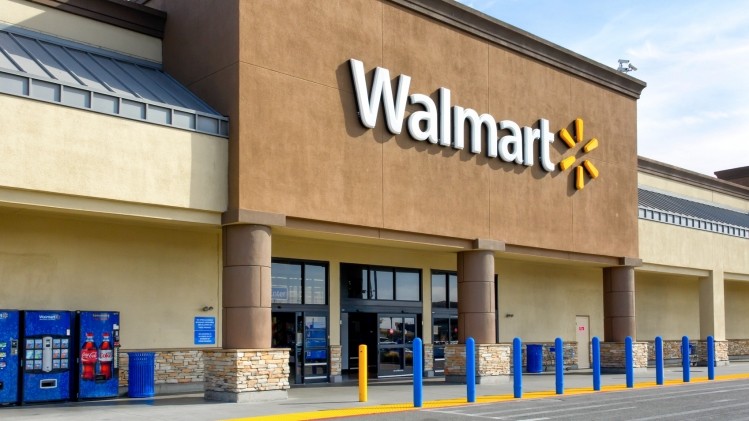China direct
Walmart invests in Chinese e-commerce with $50m New Dada deal

Walmart said the investment was an extension of its broader agreement with JD.com, one of China’s biggest B2C online retailers, and co-operation with New Dada.
The latter agreement includes the use of New Dada’s network to offer customers two-hour delivery on groceries ordered from Walmart stores through the JD Daojia Dada app.
The investment will help Walmart target Chinese shoppers with faster delivery times in a popular but fiercely competitive online grocery market. New Dada has over 25m registered customers and delivers in over 300 Chinese cities.
The two-hour delivery service is available to customers within a 3km radius of any of some 20 Walmart stores that are currently part of the programme. Though this number is small compared to the chain’s 426 stores in nearly 170 cities, the number of stores offering two-hour delivery is expected to double by the end of the year.
New Dada, an independent joint-venture of JD.com and Dada, has an established local on-demand delivery network and boasts more than 25m registered users. Deliveries are made by some 2.5m crowd-sourced riders across more than 300 cities in China.
“Our alliance with JD and cooperation with New Dada will enable seamless shopping to millions of customers across China,” said Doug McMillon, Walmart’s chief executive.
Philip Kuai, chief executive of New Dada, said the investment wouldbring together the global retail leader and China’s largest grocery delivery network.
“Combining New Dada’s unparalleled delivery network with Walmart stores means consumers will enjoy convenient access to a wide range of high-quality goods delivered to their homes and offices in record time. We look forward to deepening our cooperation with Walmart as China’s O2O retail industry continues to evolve and grow,” Kuai added.
Walmart, which has made e-commerce a key component of its global strategy, has been investing heavily in China to bolster its supply chain’s capabilities.
Yesterday we reported how Walmart had been part of a successful team effort to find a way to use blockchain technology to track pork shipments.
This could prove to be a game-changer for food safety in China, as digital information such as farm origin, abattoir and processing record and shipping details are digitally connected to the food product, with the information grouped together in the blockchain.
More stories from China…
Starbucks appoints insider as new China chief
Starbucks China has promoted Belinda Wong to chief executive as the company prepares to double its store count by 2021.
Wong, who is elevated from the role of president of the company, has been instrumental in Starbucks’ already monumental growth in China. Since 2011, the company has grown from 400 stores to over 2,300.
As chief executive, she will oversee Starbucks’ plans to operate 5,000 stores in China by 2021. She will continue to report to John Culver, the company’s group president.
“Over the past five years, Belinda’s vision, experience and push for innovation has elevated Starbucks in the hearts and minds of the Chinese people and created a strong foundation for Starbucks growth in China,” said Culver.
Wong, who joined Starbucks in 2000 and has held a number of leadership roles across Asia-Pacific, said that the chain’s continuing expansion was not in doubt: “There continue to be tremendous opportunities for Starbucks in China,” she said.
China proposes tougher penalties in food safety law draft
Chinese officials have published a draft revision to food safety laws that stipulate stricter online food sale rules and stiffer punishments.
The draft, published by the State Council's Legislative Affairs Office, stipulates liabilities for food producers as well as operators of online sales platforms for food safety violations.
According to the draft, a tighter reins should be kept on suppliers who have been convicted of food safety offences, and sales platforms should co-ordinate to immediately stop selling the offender’s goods.
The draft says China's food safety law and regulations should also be applied to imports and exports of food through e-commerce channels.
In cases when inedible substances are found, producers and business operators will be obliged to present proper evidence or they will be held liable for food additive violations.
Officials, the industry and the public have been given until November 19 to comment on the draft regulations.












